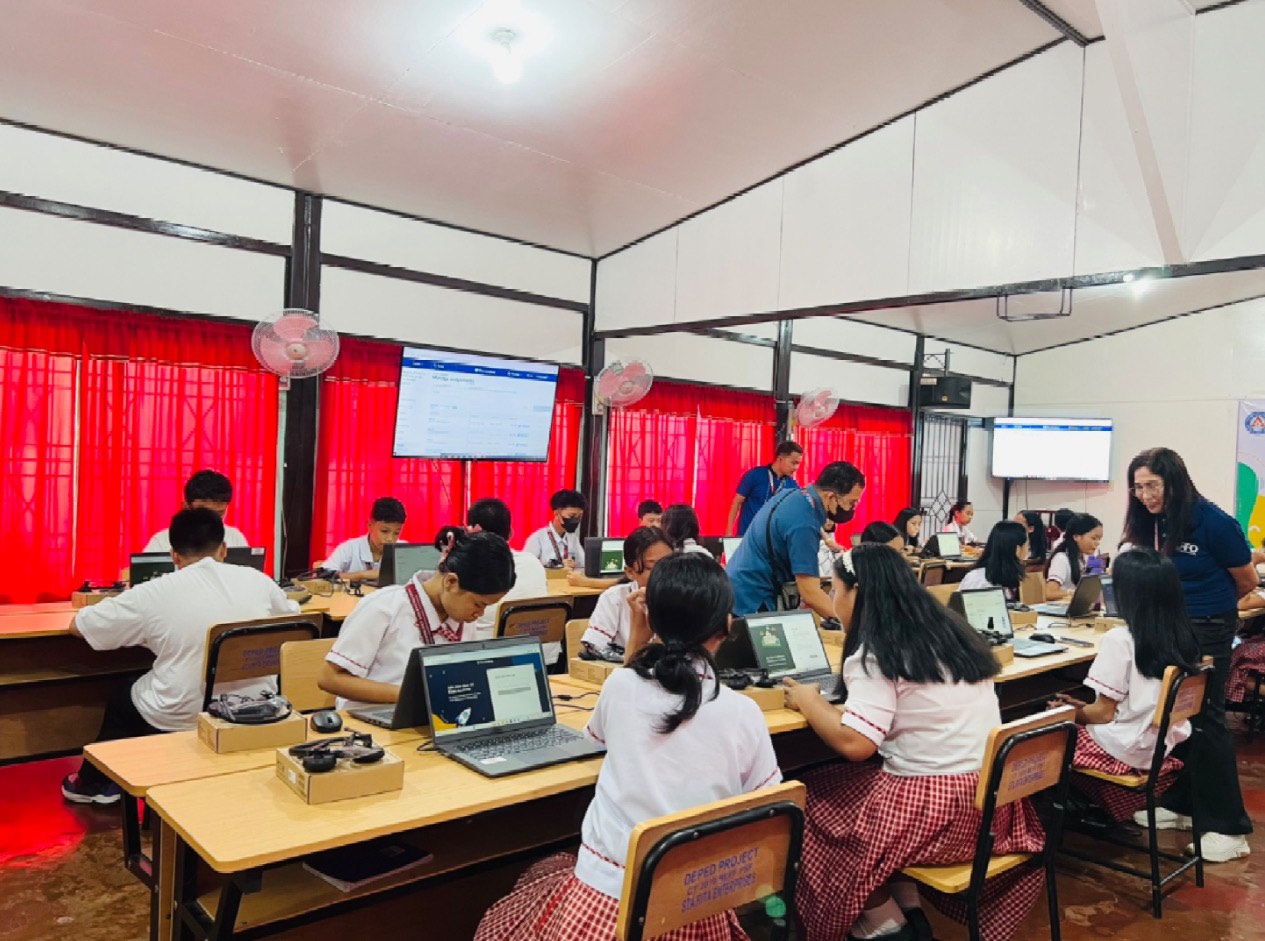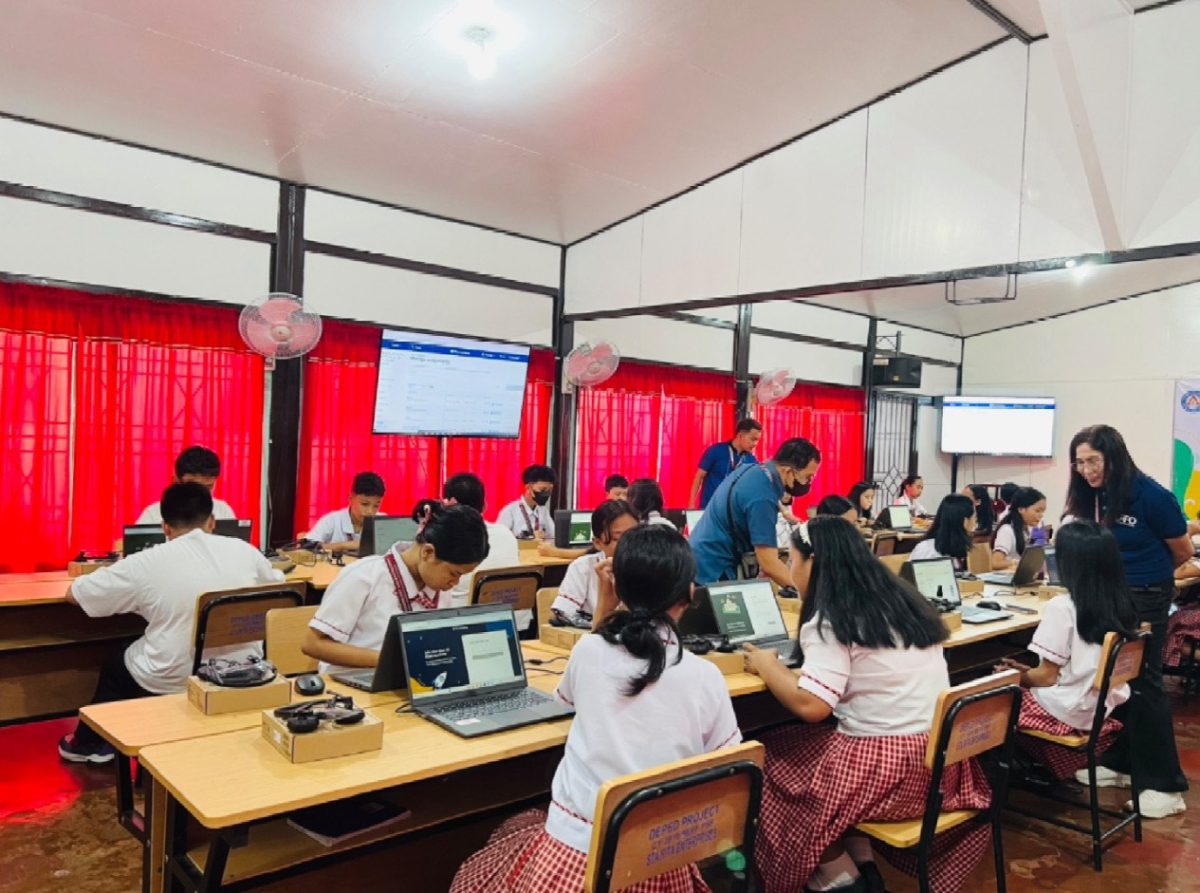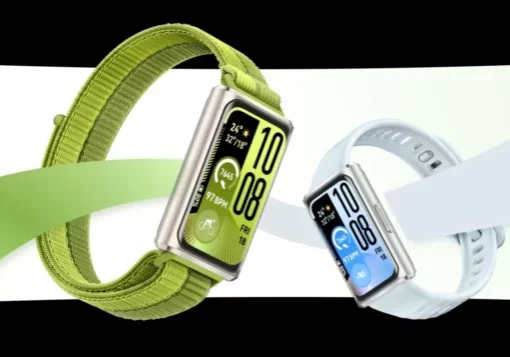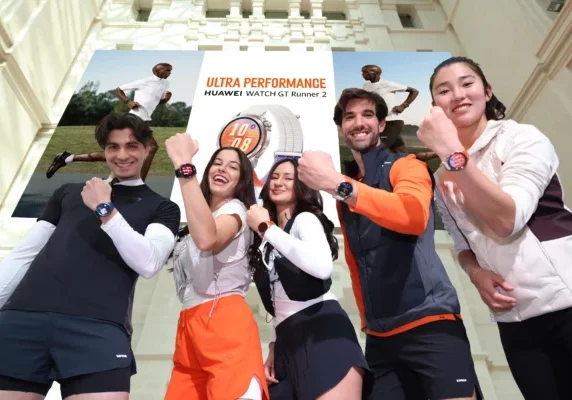Accountability and Advancement: DepEd’s Preparatory Journey for International Large-Scale Assessments

SHARE
Since assuming office in July 2024, Education Secretary Sonny Angara has prioritized the improvement of learning outcomes. Part of his improvement plan is the country’s participation in international large-scale assessments (ILSAs). This is the marching order of President Bongbong Marcos that Sec. Angara and members of the Executive Committee (Execom) have operationalized.

The first in this series of ILSAs is the Program for International Student Assessment (PISA). As the country concludes its participation in the PISA this year, the Department of Education (DepEd) wishes to inform the public of its activities and efforts to date.
A Systematic Preparation
In October 2024, Angara convened the Execom to account for the country’s universe of test-takers. He mapped the vision for the country’s 2025 participation and what the Department could do differently. This included learning from the country’s experience during the 2022 edition, particularly on logistical gaps.
By November 2024, DepEd had devised an internal school audit system that checked for school readiness, teacher capacity, academic preparedness, and community support. DepEd was then working with a universe of about 4 million 15-year-old learners—the PISA’s target demographic for the 2025 edition.
In December 2024, an authorized contractor of the Organization for Economic Co-operation and Development (OECD), the organizer of PISA, released the 208 Philippine schools that would participate in the PISA. In its selection, the contractor used a sampling method to ensure representation of school types (public, private, and science high schools), sizes, and geographic locations.
As 2025 opened, the Execom had a functional appraisal of the participating schools’ readiness. Execom members acted as regional focal persons to bolster varying degrees of preparedness.
Schools with logistical gaps in testing centers, laptops, and Internet access were given maintenance and augmentation funds. Teachers’ content mastery were assessed through Khan Academy Philippines and Frontlearners, DepEd’s edtech partners.
In February 2025, the OECD’s contractor released the list of participating 15-year-old learners. The learner-participants were selected randomly in each of the participating schools. Their aim is to reflect the full population of 15-year-olds in each participating country.
Participating learners were given a series of familiarization activities that covered computer literacy, basic quantitative skills, and critical thinking.
By March 2025, the first set of Filipino learners took the computer-based PISA. The conduct of the exam will conclude in the second week of April
Gains and Lessons
Acknowledging the diverse perspectives surrounding the country’s participation in ILSAs, Angara emphasizes the DepEd’s commitment to thorough preparation. Angara took the 2022 participation as a learning experience, where a lack of preparation drew public concern.
“Our goal here is a more robust and equitable testing environment,” Angara said in one of the weekly Execom meetings. “We must learn from the gains of this exercise and scale it for future initiatives.”
With the country’s PISA participation completed as of April 11, 2025, the Department of Education welcomes the results in September 2026. This will serve as another benchmark for future programs aimed at elevating learning outcomes.
*All Photos from DepEd
RELATED ARTICLES

Smartwatch-Level Performance for Real-World Movement: The HUAWEI Band 11 Series Elevates the Band Experience for as Low as PHP 2,399

Mark Wahlberg and Jonathan Roumie on Faith That Calls for Sacrifice

HUAWEI Mate 80 Pro and WATCH GT Runner 2 Coming to the Philippines in April









